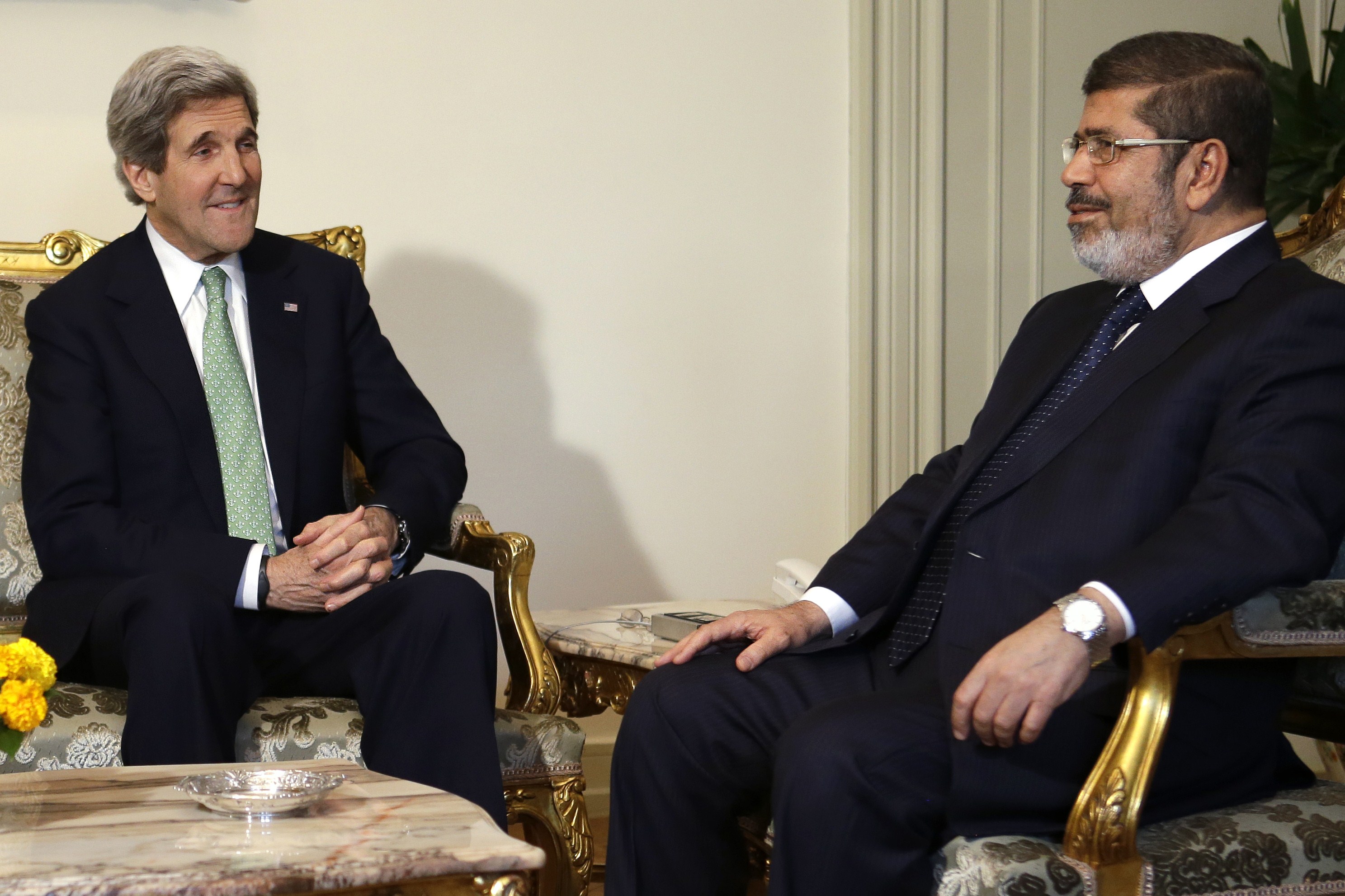CAIRO: Following a meeting held between World Bank President Paul Wolfowitz and Egyptian Minister of Investment Mahmoud Mohieddin, Wolfowitz announced that the bank will continue supporting Egypt’s reform programs. In the meeting both men discussed economic reform in Egypt and gender issues, in addition to reviewing ongoing cooperative projects between the country and the bank,
The announcement, which indicates the World Bank’s approval of past, present and future reform programs, was made after the minister conducted a presentation on economic reforms in Egypt.
The World Bank’s rating system and indicators were also presented when Mohieddin met the vice president of Private Sector Development.
“The reform’s goals are related to development, including gender issues, fighting corruption and enforcing transparency and disclosure, said Mohieddin in a news release published by the ministry.
Egypt is establishing commercial courts and a credit rating company to serve banks and mortgage finance companies in a bid to improve transparency.
The success the government has witnessed in regard to transparency and anti-corruption measures was mentioned during the meeting, with the World Bank’s Wolfowitz highlighting the bank’s Business report for 2006, which ranked Egypt among the top seven best reformers.
The Ministry of Investment and the World Bank also took the time to discuss a hot issue shared by both: women’s equality as it pertains to economic development.
The ministry and the bank recently conducted a study on obstacles facing women s economic activities. The study concluded that Egypt has already accomplished advocating the enhancement of women s roles.
“The government is committed to supporting women as a main pillar in economic development, said Mohieddin when he met the World Bank advisory group on gender, according to the ministry’s press release.
Mohieddin also stated that the ministry has reviewed the government’s efforts to enhance the role of women in different fields, including politics, and is now considering and examining various methods on how to involve women in public policy making.
Within the last few years, Egypt has made greater headway on this front, placing more women in policy-making seats. In 2005, Aesha Abdel Hadi Abdel Ghani was appointed the Minister of Manpower and Immigration – the first veiled woman in government.
Then there’s the Minister of International Cooperation, Fayza Mohamed Abul Naga, who was also the ambassador to the United Nations (UN) in Geneva, Switzerland from 1999 to 2001. The World Bank gender officials said they wished to cite Egypt s experience on gender on a regional and international scale. During the meeting, in which Mohieddin invited Wolfowitz to the World Economic Forum to be hosted by Egypt next May, Wolfowitz reportedly asked the minister about Egypt s vision for the future role of the World Bank when it comes to the country’s reform programs.
The meeting was also attended the Vice President of the World Bank for the Middle East and North Africa Region, Christian Portman, and Egypt’s ambassador to the United States.

